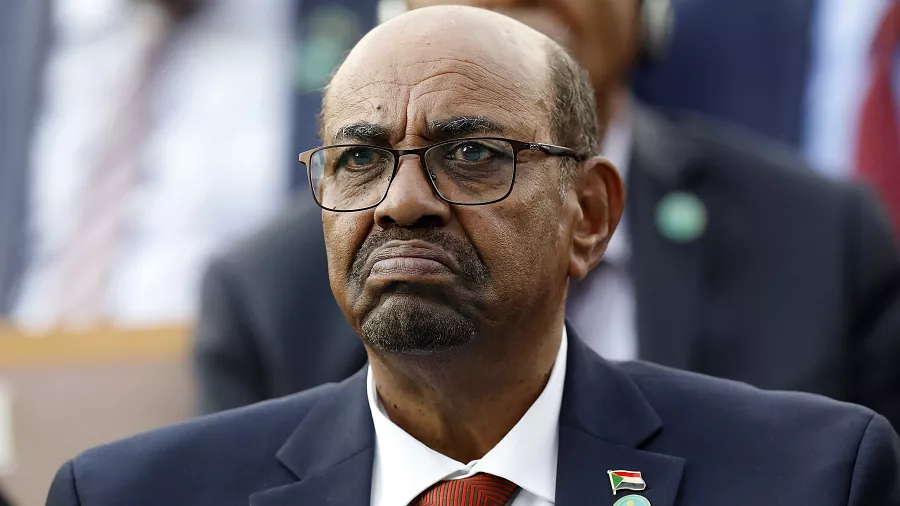Sudan’s former leader Omar al-Bashir transferred to hospital amid civil war, sparking speculation

Sudan's former leader Omar al-Bashir transferred to hospital amid civil war, sparking speculation
Omar al-Bashir, Sudan’s ousted dictator, has been evacuated from his prison to a hospital in Merowe due to medical reasons, raising questions amidst the ongoing civil war.
The 80-year-old, who once ruled Sudan with an iron fist, continues to cast a long shadow over the country, even after his fall from power in 2019.
A Tense Medical Transfer
On September 19, al-Bashir was moved from his detention facility in northern Omdurman to a hospital located over 400 kilometers from Khartoum.
His legal team has cited his deteriorating health as the reason for the transfer, claiming the former leader requires medical attention that could not be provided at the military base in Wadi Seedna, where he had been held.
The operation, conducted under heavy surveillance, also saw two of his former ministers—the ex-Minister of Defense and the former Sports Minister—accompany him to the hospital.
Health Concerns or Political Maneuvering?
While al-Bashir’s defense insists the move is solely based on medical necessity, some analysts suspect there may be more at play.
Al-Bashir remains a pivotal figure in Sudan, not least because of the charges against him at the International Criminal Court (ICC) for war crimes, crimes against humanity, and genocide.
Despite international arrest warrants, Sudan has never extradited him.
This transfer, particularly to a facility so far from the capital, has prompted speculation about whether the government might have ulterior motives.
Could this be a strategic decision in the midst of the country’s spiraling conflict?
A Nation in Turmoil
The transfer comes as Sudan finds itself engulfed in civil war. Since April 2023, the Sudanese Armed Forces, led by General Abdel Fattah al-Burhan, have been locked in a brutal conflict with the paramilitary Rapid Support Forces (RSF), commanded by Mohamed Hamdan Dagalo, also known as “Hemedti.”
The war, now stretching into its 17th month, has claimed the lives of tens of thousands and displaced millions into a severe humanitarian crisis, with widespread food insecurity.
Amidst this chaos, al-Bashir’s fate remains a touchy subject.
His continued presence, even in a weakened state, could potentially destabilize the fragile situation further, as his legacy still resonates across the country’s political landscape.
The Decline of a Fallen Regime
Al-Bashir’s transfer to Merowe serves as a stark reminder of his once-unassailable grip on Sudan.
After being ousted from power in 2019 following months of popular protests, he has remained imprisoned within the country, despite calls for his extradition to face international justice at the ICC.
Now, at 80 years old and in poor health, al-Bashir’s future remains uncertain.
Yet, as Sudan faces the ongoing horrors of civil war, the specter of his regime continues to loom large over a nation on the brink of collapse.
About The Author
dailymailafric
I am an avid African news observer, and an active member of Daily Mail Africa.
I’m Passionate about staying informed on diverse topics across the continent,
I actively contribute to publishing on political, economic and cultural developments in Africa.



